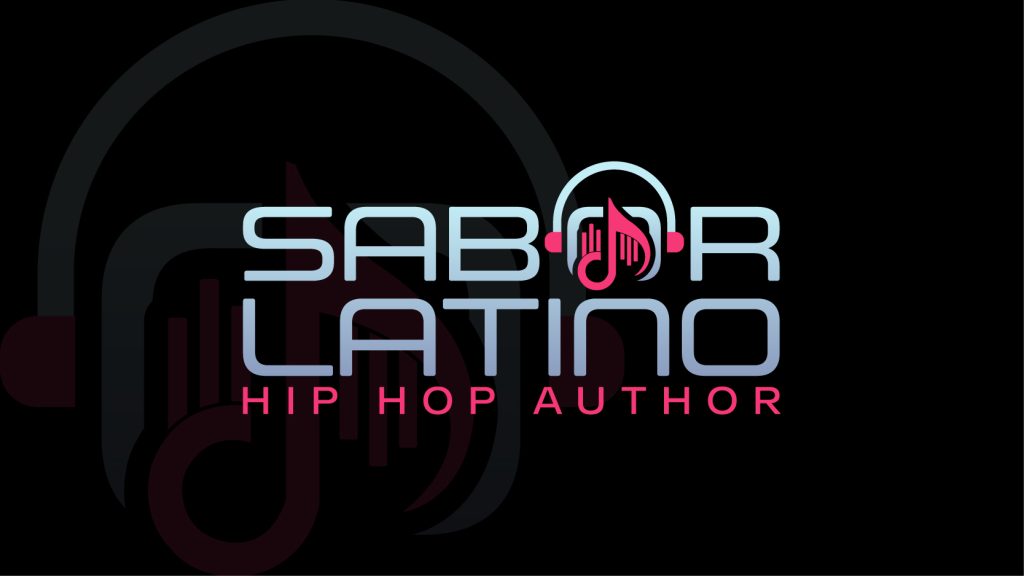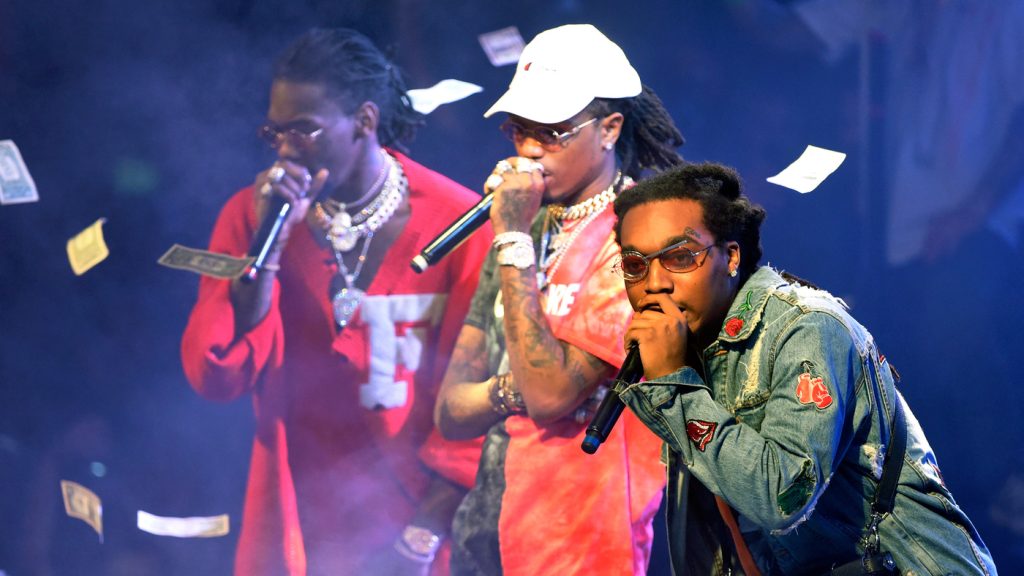Rap music, with its rich history rooted in African American culture, has consistently served as a powerful platform for voicing social and political issues. Beyond its musical appeal, rap has emerged as a medium for activists to express their perspectives, engage communities, and advocate for change. This article explores the ways in which rap music empowers activism, backed by research and important facts, highlighting its ability to foster social consciousness, ignite political discussions, and mobilize marginalized communities.
A good example is Sabor Latino, a multi-talented artist with a backgroun in rap, authorship, songwriting, and counseling, this article explores the empowering role of rap music in activism. Sabor Latino’s extensive knowledge and experience in music and social services contribute to the development of this piece. Notable singles like “Todo en la Vida es posible” (2016), “No mas racismo” (2018), “Mi Padre” (2019), and “Hip Hop Positivo” (2022) have played a pivotal role in establishing Sabor Latino’s credibility and expertise in this field.
Rap as a Tool for Social Consciousness:
Rap music has a unique ability to raise awareness and create social consciousness among listeners. Through thought-provoking lyrics and storytelling, rap artists bring attention to various social injustices and systemic issues. These messages resonate with audiences, prompting critical reflection and encouraging dialogue around topics such as racial inequality, police brutality, economic disparities, and the experiences of marginalized communities.
Research by Patterson and Jackson (2019) found that rap music helps shape the racial identity and political attitudes of African American youth. The study demonstrated that exposure to politically conscious rap increased participants’ knowledge of social issues and heightened their engagement in activism. Rap’s ability to inspire empathy and understanding, combined with its relatable narratives, helps build bridges of solidarity across diverse communities.
Rap as a Catalyst for Political Discussions:
Rap music has become an influential catalyst for political discussions, challenging mainstream narratives and sparking conversations on pressing issues. The genre’s expressive nature allows artists to critique policies, political figures, and societal norms. By presenting alternative perspectives and encouraging critical thinking, rap music disrupts conventional ideologies and encourages individuals to question the status quo.
A study conducted by Mastro and Greenberg (2019) revealed that rap music has the potential to shape political attitudes and increase political participation among young people. The researchers found that exposure to politically charged rap increased political engagement, including discussions about political issues and participation in activities like protests and rallies. Rap serves as a gateway to political awareness and action, effectively mobilizing individuals who may have previously felt disconnected from the political process.
Rap as a Mobilizing Force for Marginalized Communities:
Rap music has historically provided a platform for marginalized communities to express their experiences, frustrations, and aspirations. By sharing their stories, rap artists shed light on the challenges faced by these communities, empowering individuals and fostering a sense of collective identity. Rap becomes a tool for resilience, resistance, and mobilization.
Research by Conner and Hicks (2020) explored the role of rap music in mobilizing Black Lives Matter protests. The study revealed that rap artists, through their music and public personas, played a significant role in rallying support and mobilizing protesters. Rap songs, such as Kendrick Lamar’s “Alright” and J. Cole’s “Be Free,” became anthems of the movement, resonating with activists and inspiring solidarity across various communities.
Rap music’s influence extends beyond its lyrical content. Its cultural impact and association with hip-hop communities make it a potent force for organizing grassroots activism. Rap artists often engage in community outreach, organizing events, and collaborating with local activists to address specific issues affecting their communities.
Examples of Activism Empowered by Rap Music:
Throughout history, numerous rap artists have used their music as a vehicle for activism. These artists have harnessed the power of rap to mobilize communities, raise awareness, and inspire social change. Some notable examples include:
a) Public Enemy:
The iconic rap group used their music to address racial inequality, police brutality, and political corruption. Their songs, such as “Fight the Power,” became anthems for the civil rights movement.
b) N.W.A:
This influential rap group shed light on the realities of life in marginalized communities, particularly their seminal album “Straight Outta Compton.” Their songs sparked discussions on police violence and systemic racism.
c) Kendrick Lamar:
Known for his socially conscious lyrics, Kendrick Lamar’s album “To Pimp a Butterfly” tackled themes of racial identity, mental health, and systemic oppression. Lamar’s music became a rallying cry for activists advocating for racial justice.
Rap music, through its artistry and cultural significance, plays a crucial role in empowering activism. Its ability to foster social consciousness, ignite political discussions, and mobilize marginalized communities has been well-documented. By raising awareness, challenging mainstream narratives, and serving as a platform for marginalized voices, rap music helps drive social change. As we move forward, it is essential to recognize and support the ongoing efforts of rap artists who continue to use their platform to advocate for justice, equality, and a more inclusive society.


